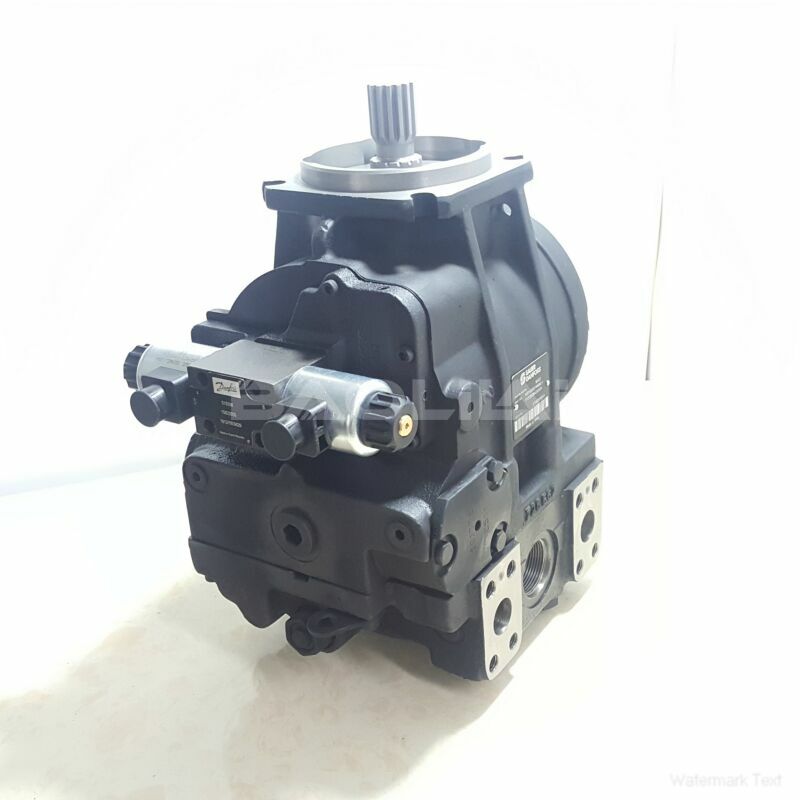90L055KP1NN80R4S1C03GBA383824 hydraulic pump
90L055KP1NN80R4S1C03GBA383824 hydraulic pump

- Product Details
- Applicable Scene
In today’s manufacturing landscape, the quest for efficiency and sustainability is more important than ever. As industries strive to reduce costs and minimize their environmental footprint, energy-efficient hydraulic oil pump solutions have emerged as a vital component in achieving these goals. Hydraulic systems are integral to various manufacturing processes, powering everything from machinery to automated systems. This article explores the advancements and benefits of energy-efficient hydraulic oil pumps and their implications for the future of manufacturing.
90-L-055-KP-1-NN-80-R-4-S1-C-03-GBA-38-38-24
90L055KP1NN80R4S1C03GBA383824
Traditionally, hydraulic systems have been known for their operational power, but they often suffer from inefficiencies that lead to increased energy consumption and operational costs. Energy-efficient hydraulic oil pumps address these challenges by optimizing performance while reducing energy loss. One primary method by which these pumps achieve efficiency is through advanced motor technology. Utilizing variable speed drives (VSDs) allows pumps to adjust their output based on real-time demand, ensuring that energy is only consumed when and where it is needed.

83005931
Additionally, advancements in pump design itself contribute significantly to energy efficiency. Design innovations, such as improved impeller profiles and better sealing technologies, reduce hydraulic losses and minimize friction. These enhancements lead to a more effective energy transfer, allowing manufacturers to operate more smoothly and with less energy consumption. Using high-efficiency hydraulic oil also plays a crucial role in reducing the energy requirements of hydraulic systems. Advanced lubricants can lower viscosity while enhancing performance, further improving energy efficiency across the board.
Implementing energy-efficient hydraulic oil pumps provides numerous benefits beyond energy savings. By lowering energy consumption, manufacturers can significantly reduce their operational costs, allowing for reinvestment in other areas of the business. Additionally, the reduction in energy usage contributes to lower greenhouse gas emissions, aligning manufacturing practices with modern sustainability goals. As regulations around environmental impacts become increasingly stringent, transitioning to energy-efficient solutions positions manufacturers as responsible corporate citizens.





